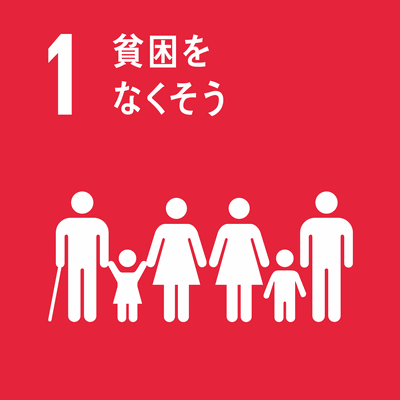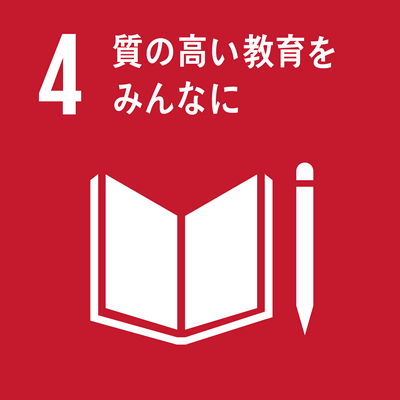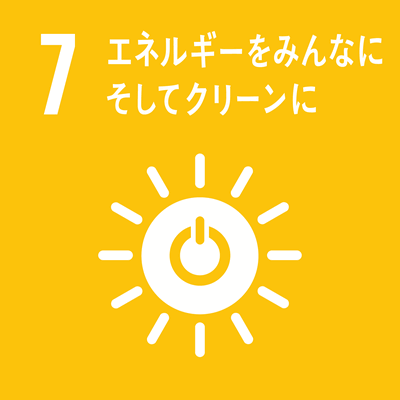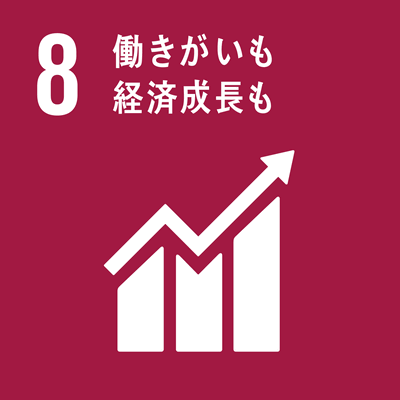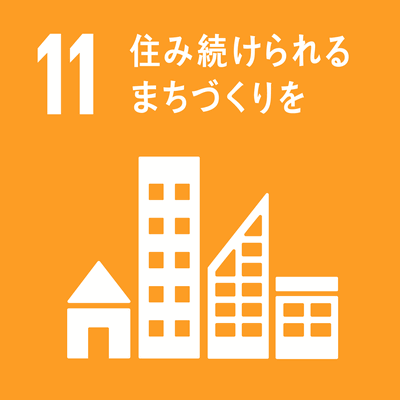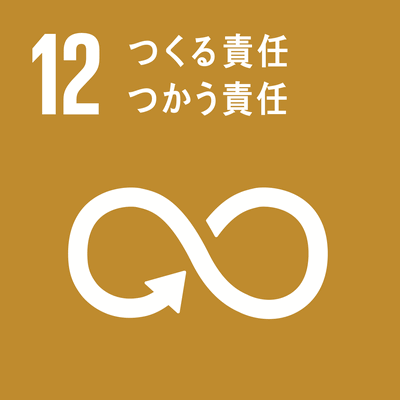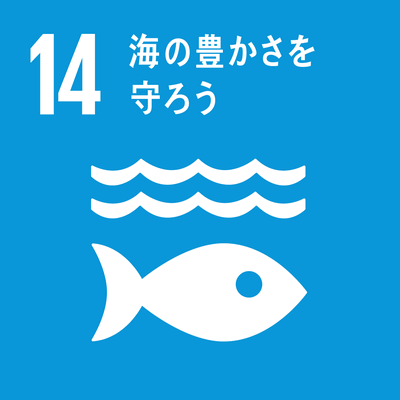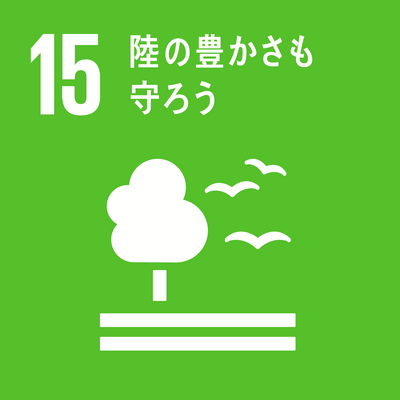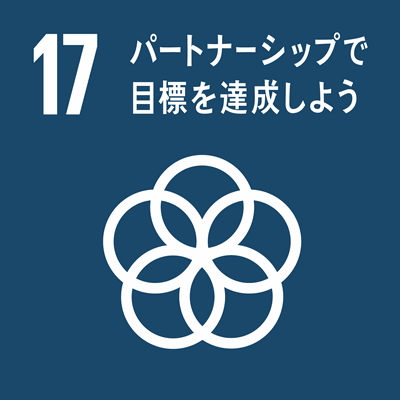シラバス表示
シラバスの詳細な内容を表示します。
→ 閉じる(シラバスの一覧にもどる)
科目の基本情報
| 開講年度 | 2024 年度 | |
|---|---|---|
| 開講区分 | 共通教育・教養基礎科目 | |
| 受講対象学生 |
学部(学士課程) : 1年次, 2年次, 3年次, 4年次, 5年次, 6年次 2023(令和5)年度以降入学者対象 |
|
| 授業科目名 | 国際理解特殊講義2 | |
| こくさいりかいとくしゅこうぎに | ||
| Lecture Course in International Understanding 2 | ||
| 授業テーマ | 英語でエッセイ | |
| 単位数 | 2 単位 | |
| 受講対象学生 |
学部(学士課程) : 1年次, 2年次, 3年次, 4年次, 5年次, 6年次 2022(令和4)年度以前入学者対象 |
|
| 授業科目名 | 国際理解特殊講義 | |
| こくさいりかいとくしゅこうぎ | ||
| Lecture Course in International Understanding | ||
| 授業テーマ | 英語でエッセイ | |
| 単位数 | 2 単位 | |
| ナンバリングコード | gedu-libr-ILEC1126-002
|
|
| 開放科目 | 非開放科目 | |
| 分野 | 歴史・文化, 教育・公共, 国際・外国語 | |
| 分類・領域 |
教養統合科目・国際理解・現代社会理解 (2022(令和4)年度〜2015(平成27)年度入学生対象) |
|
| 開講学期 |
後期 |
|
| 開講時間 |
木曜日 1, 2時限 |
|
| 授業形態 |
対面授業 * 状況により変更される可能性があるので定期的に確認して下さい
「オンライン授業」・・・オンライン会議ツール等を利用して実施する同時双方向型の授業 |
|
| 開講場所 | 総合研究棟II 2階 演習室3,4 | |
| 担当教員 | マクダニエル・フロイド(非常勤講師) | |
| Floyd McDaniel II | ||
| SDGsの目標 |
|
|
| 連絡事項 | * 状況により変更される可能性があるので定期的に確認して下さい |
|
学修の目的と方法
| 授業の概要 | Practice writing short compositions (multi-paragraph) in English. Learning American/English styles and formats of short composition writing. |
|---|---|
| 学修の目的 | I am aiming at teaching a skill; not merely "getting some information." Students can "get information" by reading a book. To develop this writing skill, students are expected to write and participate in conversation during class (every week). Students will also develop their intellects when learning to write in an engaging and/or persuasive manner. Finally, students will learn to become sensitive to the different English writing styles. |
| 学修の到達目標 | Upon finishing this class, students should be able to confidently (1) write short essays in English in proper English writing styles, (2) revise their own essays - and the essays of others - for improvement beyond mere spelling and grammar, and (3) understand the difference between writing a personal introduction, telling a narrative (both first term), giving examples to illustrate a point, and giving resons to support/defend a position (both second term). |
| ディプロマ・ポリシー |
|
| 成績評価方法と基準 | Grades are 30% based on in-class work, about 70% from 3 "large" compositions done throughout the semester. |
| 授業の方法 | 講義 演習 |
| 授業の特徴 |
問題自己設定型PBL グループ学習の要素を加えた授業 教員と学生、学生相互のやり取りが、ほぼ英語で進められる授業 |
| 授業アンケート結果を受けての改善点 | I'm always open to student suggestions and requests. Some of my best ideas began from a student. |
| 教科書 | "Writers at Work: The Short Composition" by: Ann O. Strauch Cambridge University Press:ISBN 0-521-54496-3 |
| 参考書 | None. |
| オフィスアワー | The instructor is a part-time teacher and can be contacted via -the office of the Center for International Exchange and Research (国際交流センター) -the office of the Center for General Education (全学共通教育センタ−事務室) |
| 受講要件 | Students who passed English I, have a sufficient score on TOEIC or have an otherwise solid background in English. CLASS SIZE IS LIMITED TO 25 STUDENTS. 10 from 交際交流, 15 from 全学共通教育センター. |
| 予め履修が望ましい科目 | |
| 発展科目 | Other courses conducted in English. Examples: 英語Ⅱ発展、現代社会理解特殊講義4、環境学A |
| その他 |
This class is taught in English ONLY. While it is listed as an entry-level class, you must have a good background in English. Students are expected to write and speak in English in this class. 英語で実施する授業科目 |
授業計画
| MoodleのコースURL |
|---|
| キーワード | 以下の「Key Word(s)」欄に参照。 |
|---|---|
| Key Word(s) | English, Writing, Short Composition |
| 学修内容 | (Both semesters use the same textbook, but different parts. Students can take only one term, or both terms without repeating any parts.) Week 1 - Introduction and Class Overview Week 2 - Main Idea, specifically one that can be supported with examples showing its truth Week 3 - Parts of a Main Idea + Body (supporting details) Week 4 - Structuring the Body and giving sufficient detail Week 5 - Revising the work of others, checking understanding Week 6 - Editing Week 7 - Turn in the First writing, begin "Supplying Reasons" Week 8 - Main Ideas that force us to ask "Why?" Week 9 - The Body: Reasons v. Details Week 10 - Revising 2 - Transition Signals, Conclusion Week 11 - Editing 2 - Sentence fragments and Dependent Clauses Week 12 - Turn in "Reasons" paper, begin "Summaries" Week 13 - Writing a short summary of an article or story Week 14 - Revising the summary Week 15 - Editing with an eye for brevity |
| 事前・事後学修の内容 | Students are expected to do about 3-4 hours of work outside of class each week. This breaks down to 1-2 hours of preparation for the next week's lesson, and 2-3 hours of writing, revising, and/or editing assigned the previous week. Some weeks (especially the first few weeks) will be lighter. As we get to the major papers, homework will take longer to accomplish. Therefore, the average will be around 3-4 hours per week. |
| 事前学修の時間:120分/回 事後学修の時間:120分/回 |
